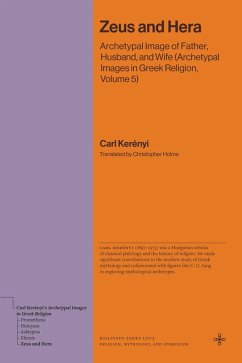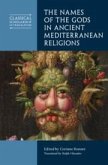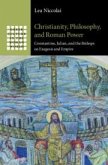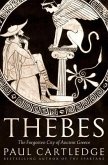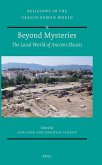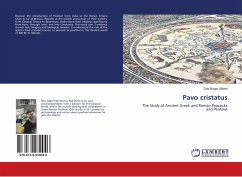A landmark study of the archetypal father, husband, and wife in Greek religion and myth What did Zeus mean to the Greeks of antiquity? Who was Hera, archetypally united with Zeus as if they were a human couple? Examining the word Zeus and its Greek synonyms theos and daimon, acclaimed mythologist and historian of religion Carl Kerényi traces the origins of Greek religion to the Minoan-Mycenean civilization. He shows how Homer’s view of the gods decisively shaped the literary and artistic tradition of Greek divine mythology and how the emergence of the Olympian family became the expression of a humane Zeus cult determined by the father image but formed within the domain of Hera.
Bitte wählen Sie Ihr Anliegen aus.
Rechnungen
Retourenschein anfordern
Bestellstatus
Storno

